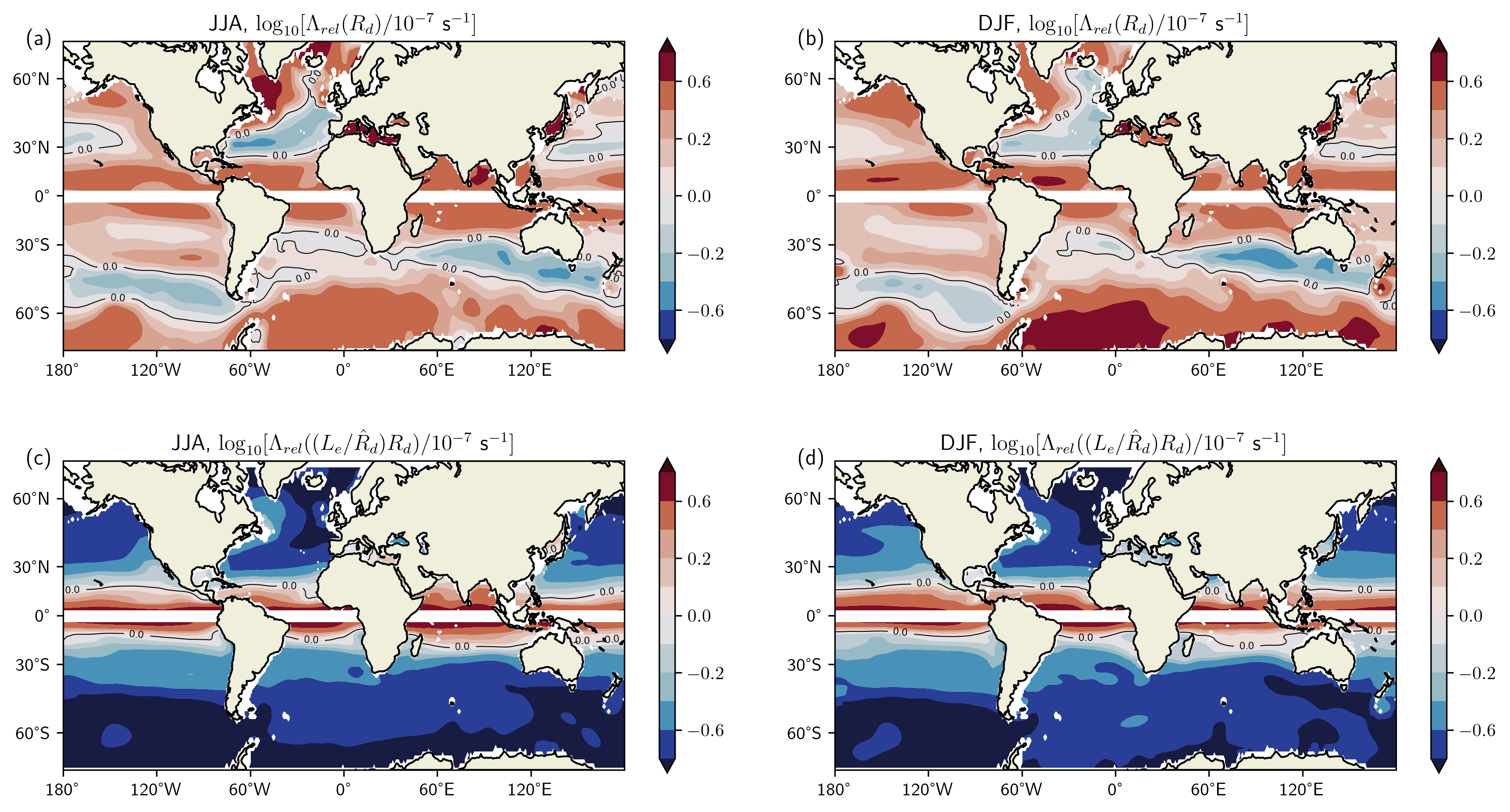Constraining an eddy energy dissipation rate due to relative wind stress for use in energy budget-based eddy parameterisations
Ocean eddies, swirling currents under 100km wide, play a crucial role in mixing heat, salt, and carbon, affecting climate. Climate models often approximate their effects through parameterisation. A new method, GEOMETRIC, improves ocean circulation modelling but has uncertainty around the dissipation of energy from eddies. This study develops a way to parameterise how winds dissipate eddy energy, showing dissipation rates vary greatly across oceans, implying eddies significantly impact processes like heat transport and carbon absorption. The results are vital for enhancing ocean and climate models.
Thomas Wilder is a Research Scientist at the National Centre for Atmospheric Science at the University of Reading and winner of the University’s 2024 Research Output Prize (Environment theme) for his paper as first author in Ocean Science: ‘Constraining an eddy energy dissipation rate due to relative wind stress for use in energy budget-based eddy parameterisations’.

